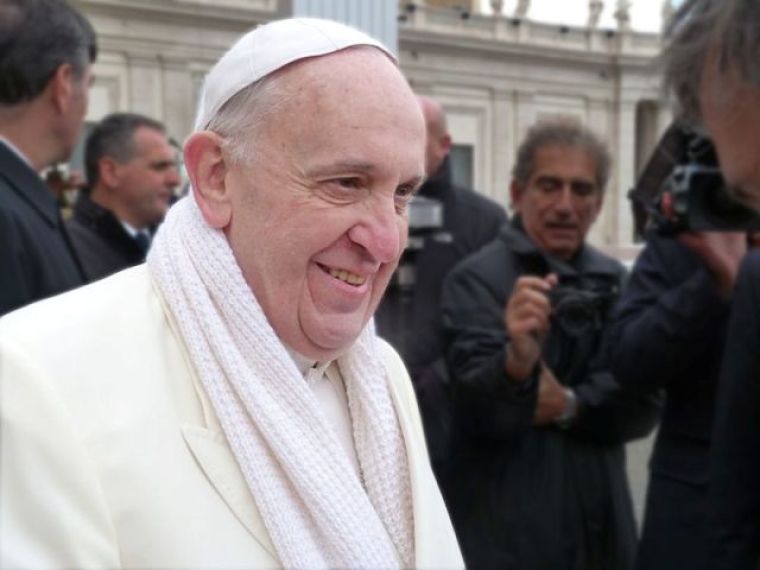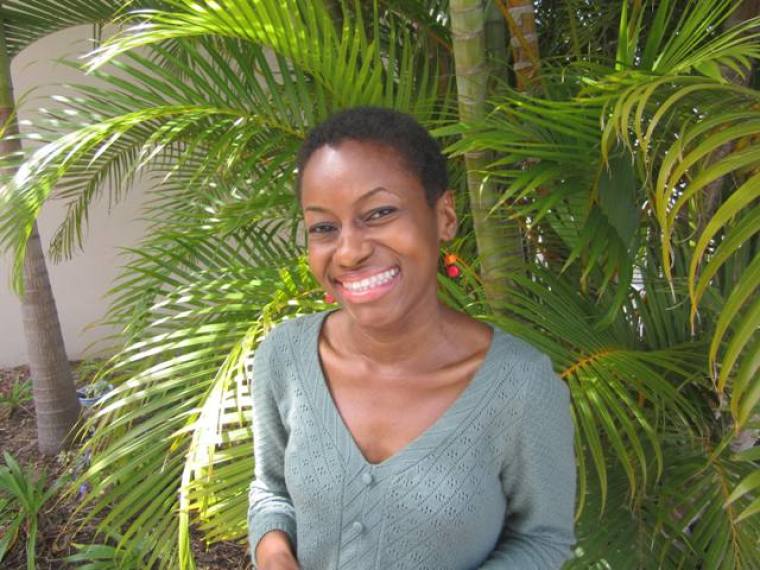

Pope Francis has asked a group of theologians to review the annulment process within the Catholic Church, the Vatican said on Saturday.
Francis has set up an 11-member committee "seeking to simplify and streamline [the procedure] while safeguarding the principle of the indissolubility of marriage," the Vatican said in a statement.
In order for Catholic couples to get an annulment, they must demonstrate that the marriage was not valid in the first place, for example if there was a lack of psychological maturity or one partner did not want to have children.
Most annulments are granted at a local level, but each decision is reviewed by a second tribunal.
Many have said the procedure is too complicated and those calling for reform want to eliminate the second step.
The more straight-forward process of civil divorce is not recognised by the Catholic Church, and those who divorce are still considered to be married to their first spouse. Divorcees who remarry are therefore considered to be 'living in sin', which currently prevents them from receiving Communion.
Some bishops are calling for a more lenient approach, however. Cardinal Walter Kasper said in an address at the Vatican in February that although the Church could not deny the indissolubility of marriage, it could offer Communion to those who have remarried, as a form of spiritual support.
"After the shipwreck of sin, the shipwrecked person should not have a second boat at his or her disposal, but rather a life raft," Kasper said, according to the Catholic News Service.
But last week five cardinals announced the publication of a book, which is a response to Kasper, saying that allowing divorcees to take Communion is impossible.
"Doctrine and pastoral practice cannot be contradictory. One cannot maintain the indissolubility of marriage by allowing the 'remarried' to receive Communion," said Cardinal George Pell, a former archbishop of Sydney and now prefect of the Secretariat for the Economy, in a statement.
In an interview with the Italian newspaper Il Mattino last week, Kasper said his opponents were looking for "doctrinal warfare" at the Synod of Bishops on the family in October, where the issue will be debated.
"None of my brother cardinals has ever spoken with me," he said. "I, on the other hand, have spoken twice with the Holy Father. I arranged everything with him. He was in agreement. What can a cardinal do but stand with the pope? I am not the target, the target is another."
When he was asked whether the real target was Pope Francis, he replied: "Probably yes."
No decision will be made at the synod on the issue of Communion for divorcees, but recommendations will be put forward for consideration by the pope.